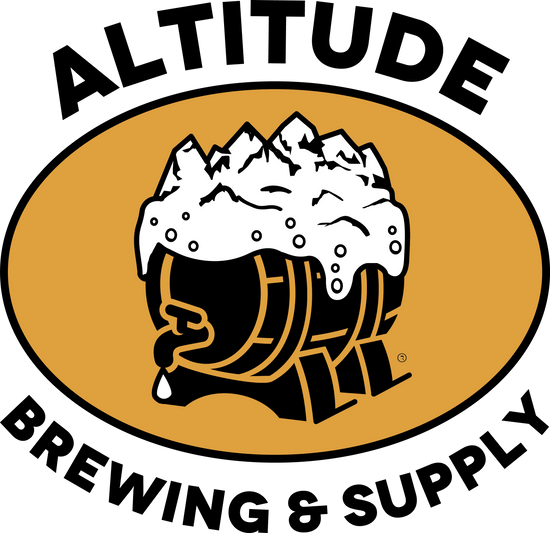Mycelium

Mycelium (plural mycelia) is a root-like structure of a fungus consisting of a mass of branching, thread-like hyphae.[1] Fungal colonies composed of mycelium are found in and on soil and many other substrates. A typical single spore germinates into a monokaryotic mycelium,[1] which cannot reproduce sexually; when two compatible monokaryotic mycelia join and form a dikaryotic mycelium, that mycelium may form fruiting bodies such as mushrooms.[2] A mycelium may be minute, forming a colony that is too small to see, or may grow to span thousands of acres as in Armillaria.
Through the mycelium, a fungus absorbs nutrients from its environment. It does this in a two-stage process. First, the hyphae secrete enzymes onto or into the food source, which break down biological polymers into smaller units such as monomers. These monomers are then absorbed into the mycelium by facilitated diffusion and active transport.
Mycelia are vital in terrestrial and aquatic ecosystems for their role in the decomposition of plant material. They contribute to the organic fraction of soil, and their growth releases carbon dioxide back into the atmosphere (see carbon cycle). Ectomycorrhizal extramatrical mycelium, as well as the mycelium of arbuscular mycorrhizal fungi, increase the efficiency of water and nutrient absorption of most plants and confers resistance to some plant pathogens. Mycelium is an important food source for many soil invertebrates. They are vital to agriculture and are important to almost all species of plants, many species co-evolving with the fungi. Mycelium is a primary factor in some plants’ health, nutrient intake, and growth, with mycelium being a major factor to plant fitness.
Networks of mycelia can transport water [3] and spikes of electrical potential.[4]
"Mycelium", like "fungus", can be considered a mass noun, a word that can be either singular or plural. The term "mycelia", though, like "fungi", is often used as the preferred plural form.
Sclerotia are compact or hard masses of mycelium.
- Stephen Wigginton
